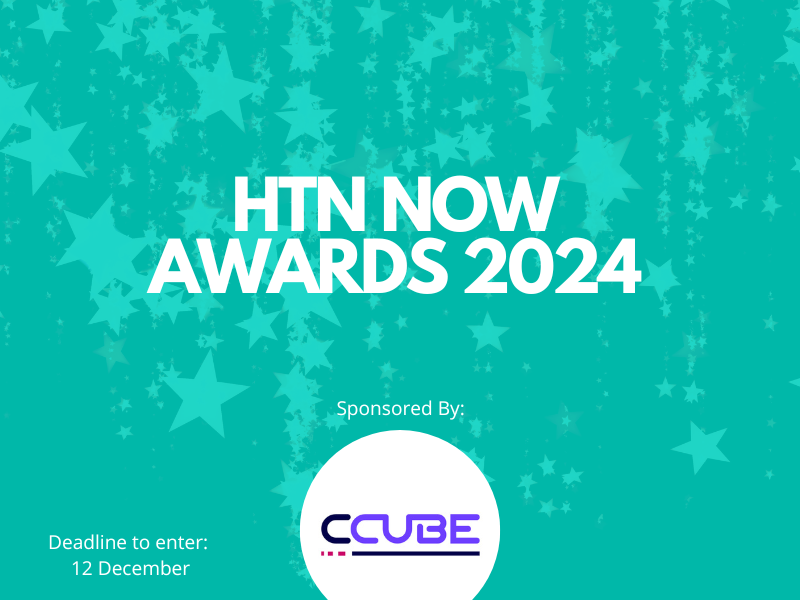Imagine asking a mobile health app for some advice – let’s say on ‘headaches’ – and then receiving recommendations from the app on how to treat the pain. This kind of personal interaction with an app is rapidly on the rise, as it’s intelligent, personalised and gets smarter over a period of time due to the fact that it gleans data from users.
 With this in mind, let us ask you a question. How many healthcare apps are on the two main smartphone operating systems, Apple’s iOS and Google’s Android? Take a random guess and think of a number. The answer is around 165,000; even we were surprised by this number and hence looked at a few sources that confirmed it.
With this in mind, let us ask you a question. How many healthcare apps are on the two main smartphone operating systems, Apple’s iOS and Google’s Android? Take a random guess and think of a number. The answer is around 165,000; even we were surprised by this number and hence looked at a few sources that confirmed it.
Most health-related apps today focus on fitness and well-being, and thus encourage people to monitor their stressful lifestyle, advising them on food habits and providing tips for healthier choices.
Judging by the growth of healthcare apps from mobile app developers on the various platforms, it seems that the uptrend is bound to continue. Other factors such as the rapid reach of the internet, big data, internet of things(IoT), availability of smartphones, and the growth of networks will also contribute to the phenomenon. The market size of this industry is estimated to be $21.5 bn by the end of 2018*. The UK healthcare market, which includes public, private, as well as wellness and fitness, shows an upward trend; the ‘public healthcare’ segment is predicted to grow by 27% by 2020.
These health apps also measure agility and movements by counting steps, distance walked and steps climbed. Some emerging apps also assist people with medicines, monitor patients at home, provide information for treatment or advise patients for clinical trials.
Monitoring and regularly diagnosing patients assists in detecting problems early, and averts serious problems at a later stage. Apps like MDLive provide 24*7 access to doctors for a prescribed fee and thus make it simpler and easier to approach doctors and medical services.
Other kinds of apps that are gaining popularity are ones related to simulated memory improvements in numerical or verbal reasoning. For instance, products developed by Cerora are capable of monitoring brain health, tracking eye movements and measuring brainwaves using sensors to test the reactiion time of patients. This product is supported by a smartphone app, which facilitates its functionality by storing and updating information.
The increasing use of health apps on smartphones is an indicator that people would prefer doctors to keep them informed about their teatment process, and that they would like to voice their opinion in major healthcare decisions.
References: http://blog.hedgehoglab.com/healthcare-apps-the-new-age-doctors




